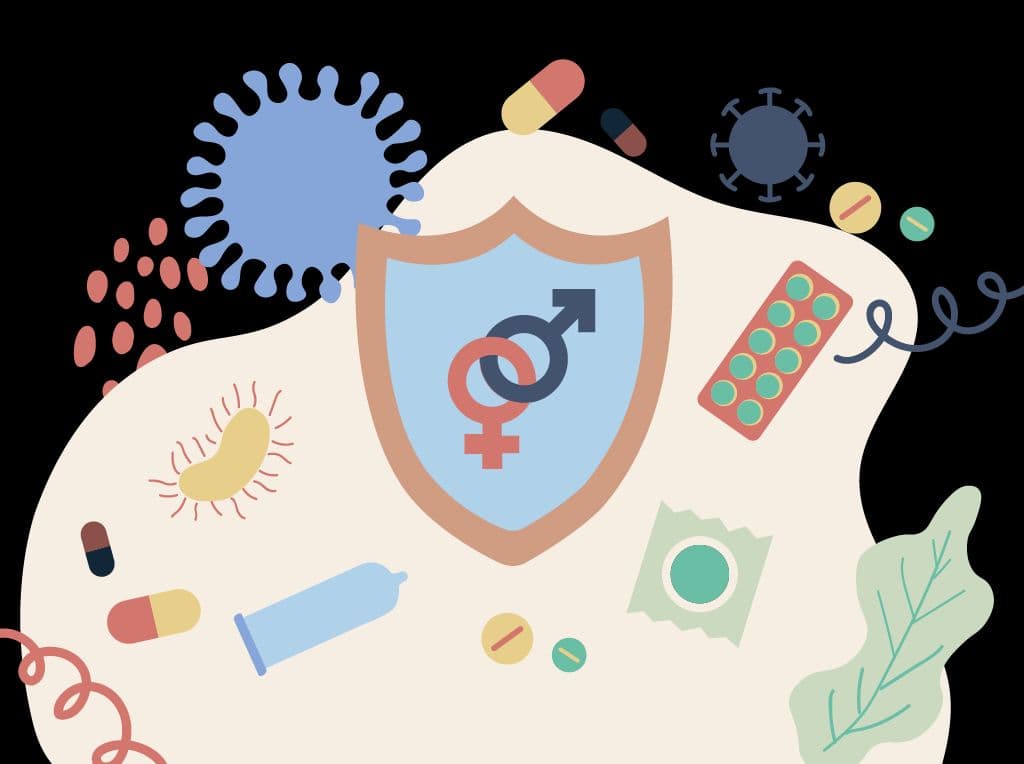Urinary Tract Infection (UTI) is an infection that involves any part of your urinary tract whether it’s your urethra or the tube that drains your urine out of your body, bladder, a cup that holds your urine, ureters, or kidneys.
It’s so common that almost one in every two women had a UTI in their entire lifetime. UTIs infect 150 million people each year. In women, it’s as common as one in two women. One in 2 women has a UTI in their lifetime. However, the ratio is much lower in men. One in 10 men has a UTI once in a lifetime.
How do we know whether we have a UTI?
Some of the symptoms of UTI are as follows-
- When you have a burning feeling or has an urge to pee
- The urge to pee often, little comes out when you pee
- Urine that appears cloudy
- Urine that appears red, bright pink or cola-colored – a sign of blood in the urine
- Strong-smelling urine
- Kidney pain right behind the lower end of your rib
- Pelvic pain, especially in the centre of the pelvis and around the area of your pubic bone
- Fever and chills if it’s a more advanced infection
Not a UTI ?
- STI: you’ll have vaginal discharge that may be itchy or foul smelling and spotting between your periods.
- Kidney stone: You have the classic kind of pain that goes all the way from your back to your groin. Sometimes, you may even get chills. But unless you also have a UTI, you may not feel any burning, itching, or irritation.
- Appendicitis: Very rarely appendicitis could be confused with a UTI. Watch out for typical right sided pain, fever, nausea and vomiting.

Risk factors for a UTI -
Certain factors increase the risk of urine infections. These risk factors may also complicate or worsen a UTI in already infected people.
Age and menopause complicate UTIs for women. Age reduces immunity and menopause leads to an estrogen deficiency. This estrogen deficiency contributes to a dry and itchy vulva and vagina making women more prone to UTIs at that age.
Other immune compromising factors such as diabetes, chemotherapy and history of transplant also complicate UTIs in women.
Honeymoon Cystitis
Honeymoon cystitis can occur when a woman has sex for the first time or when a woman has sex after a long period of time without any sexual activity. During sex, E.coli bacteria which tend to live on the skin around your anus, can be transferred to your urethra (for example, via your partner’s fingers or penis).
Types of UTIs
- Depending on the part of your urinary tract involved, you could have-
- Urethritis: patients usually have burning and frequent peeing
- Cystitis: which is when the bladder gets infected
- Pyelonephritis: A more serious form of infection that involves the kidneys and the collecting system. Women could have cloudy and bloody urine accompanied by fever and chills.
Fact check on UTIs:
- Condoms don’t protect you (the female partner ) from UTIs. But they prevent STIs, so please use them.
- Cranberry juice doesn’t prevent UTIs but does not do any damage as well. Having it will not increase your risk.
- Dirty toilet seats don’t cause UTIs since your urinary opening/urethra never touches them
- Sex is the biggest culprit for a urinary tract infection.
- Men get UTIs too, but while one in every two women gets an infection, only one in every 10 men gets it in their lifetime.
- Don’t wash the inside of your vagina with soap and water to prevent UTIs. You will end up with a bonus vaginal infection.
- 25% of women have urinary infections that resolve independently, but a UTI can quickly become very serious business. It’s wiser to get a medical opinion.
Urinary infections affect every other woman; the best way to act on them is to prevent them. Getting tested and getting UTI treatment on noticing symptoms is key. Meanwhile, drinking plenty of water, peeing as often as you need to and right after sex is good ways to keep UTIs at bay.
Disclaimer: This information is educational and should not be construed as medical advice. Please consult your doctor before making any dietary changes or adding supplements.
Proactive For Her is a digital clinic for women, offering accessible, personalised, and confidential healthcare solutions. We offer out-patient care, diagnostic services and programs for various health concerns of Indian women, across their lifetime - from puberty to pregnancy to menopause.

